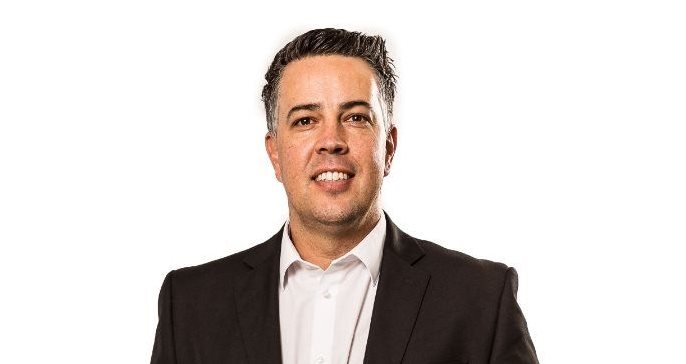Companies can boost their competitiveness by funding their training through SDL grants
Are you one of the businesses in South Africa that diligently pays their Skills Development Levy (SDL) every month yet never applies for the available grants? Many business owners simply do not realise they are able to claim a portion of the money they have paid – that it is rightfully theirs – to upskill employees and ultimately benefit the company.
Sean Sharp, the Director of EduPower Skills Academy, says they often encounter companies – especially small businesses – that are not using the SDL effectively.
“It seems that the process required for smaller companies to claim what they are due is too onerous to take on,” says Sean. “As a result, these businesses put training on the back burner which impacts long-term productivity as well as employee retention.”
To help companies understand the SDL, Sean summarises what it is and how it can be used to benefit businesses:
1. What is the Skills Development Levy?
The SDL is part of the Skills Development Act which was implemented by the South African government in 1998 as a mechanism to improve the skills and productivity of socially and economically marginalised groups. The Act regulates the involvement of the private sector in the delivery of these skills by placing the responsibility on companies to develop their employees and to assist in employment creation through skills development.
2. How is the SDL calculated?
Every employer registered with SARS for PAYE that has an annual payroll in excess of R500 000 or 50 plus staff, is required to pay 1% of the total annual salaries of employees as a skills levy. However, even if a company has a payroll of under R500 000, it can still make use of the available SDL benefits.
3. How is the SDL managed?
The Sector Education and Training Authorities (SETAs) were established as the regulatory bodies through which the Act is implemented. Through a Skills Development Framework, they are responsible for the type, content and level of qualifications available as well as the delivery of these qualifications (through SETA accredited training providers). Most importantly though, the SETAs oversee the disbursement of SDL grants to fund training. Employers may claim up to 70% of the SDL back from their SETA’s by complying with certain legal and procedural requirements,.
4. How do companies claim SDL?
The SETAs can disburse funds to employers through two forms of grants.
- To claim a Mandatory Grant, companies need to provide information on their skills needs through an annual Workplace Skills Plan and Annual Training Report. The SETA is mandated to pay back 20% of the SDL each year to employers that successfully submit these documents.
- The remaining 80% of the SDL is awarded to employers at the discretion of the SETAs. The aim of this Discretionary Grant is to encourage companies to contribute to skills development, address critical and scarce skills shortages and create employment opportunities. Employers apply for this funding with their respective SETA.
5. Benefits of SDL
For many businesses, their competitive advantage rests in ensuring their employees’ skills remain relevant. Skills levies can be used to fund ALL necessary training to ensure a skilled workforce which also gives the company the ability to attract a better quality of employee. If it’s not used for training, the SDL is forfeited and cannot be claimed – so use it (and benefit) or lose it.
Sean says that while the procedural requirements may seem like a mammoth task, the benefits of claiming SDL are substantial – not only for creating a skilled workforce but for the future of South Africa.
He concludes: “The SDL leverages the skills development framework and the SETA’s to develop the people who have been economically marginalised in our society including black youth, woman and people with disabilities. By empowering these groups through SDL funded training, we are giving them the opportunity to build sustainable careers and contribute to our economy. The SDL is, therefore, a powerful vehicle that should be leveraged to the fullest by all South African companies as it delivers on the true intent of B-BBEE to transform South Africa’s workforce.”












